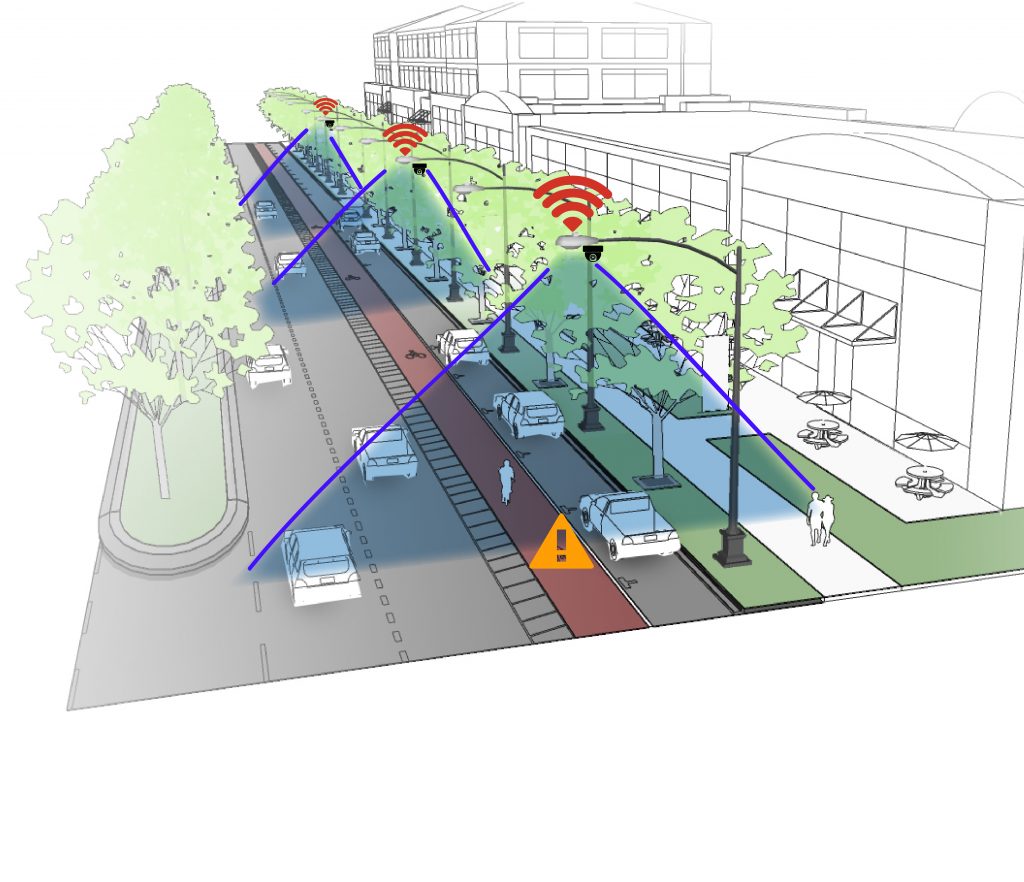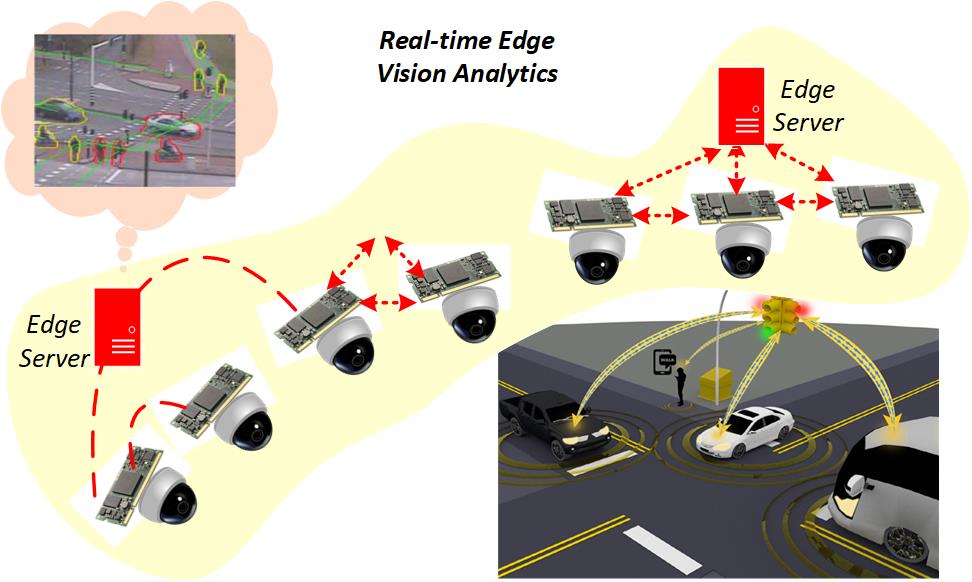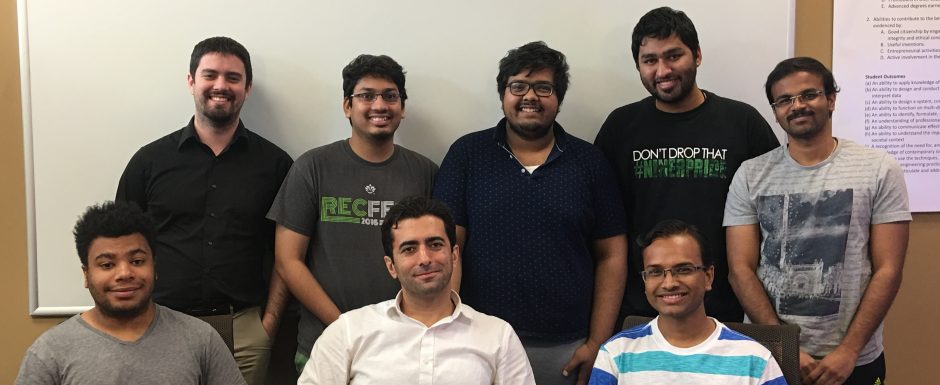More information provided in: SmartSafeCharlotte
The emergence of intelligent technologies is enabling a new era of connection between community residents and the surrounding environments, both in the United States and around the world. With the new wave of growth in urban areas, ensuring public safety is an essential precursor toward “smart” cities and communities. This project proposes a novel “intelligent” policing technology as a transformative solution to efficiently enhance law enforcement, while minimizing unnecessary interactions and maintaining resident privacy. The proposed technology offers a network of smart cameras that do not require continuous monitoring, but instead are trained to generate alerts on the spot in real-time. Since the cameras identify behaviors and not identities, they can reduce biases, minimize false alarms, and protect personal privacy. The intelligent policing technology will be co-designed and co-created with the direct help of community residents, neighborhood leaders, and local business owners, as well as agencies including the City of Charlotte, and local law enforcement agencies in Charlotte-Mecklenburg and Gaston counties.

The proposed research makes fundamental advances in multiple areas from computer vision, computer architecture, and real-time edge computing, as well as criminology and community-technology interaction. It paves the path for bringing the recent advances in deep learning and data analytics to enhance the safety and security of communities without jeopardizing the privacy of residents. To this end, this project formulates social-technical advances to efficiently analyze and assist communities and governing agencies in making real-time, smart reactions. The project enables real-time vision processing near the cameras (edge nodes) and cooperative processing over the edge network. At the same time, the proposed research interprets, formalizes, and models public safety and security events to be machine detectable, reducing biases, and enabling broad-based community support and trust.
By demonstrating the use of powerful emerging edge computing technologies, the project will highlight the applicability and adaptability of such technologies to tackle many community challenges and broader smart cities and cyber-physical systems (CPS) applications, including smart transportation and pedestrian safety. Additionally, the proposed community-based pilots will serve as exemplars to other communities across the nation.





